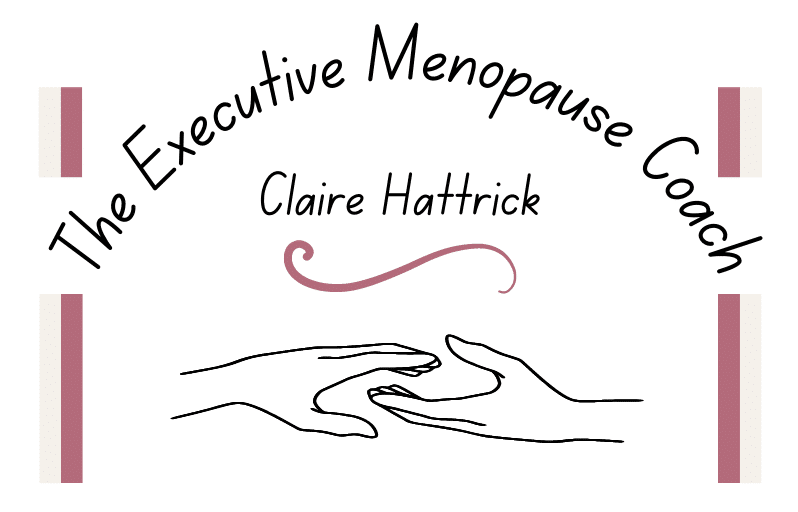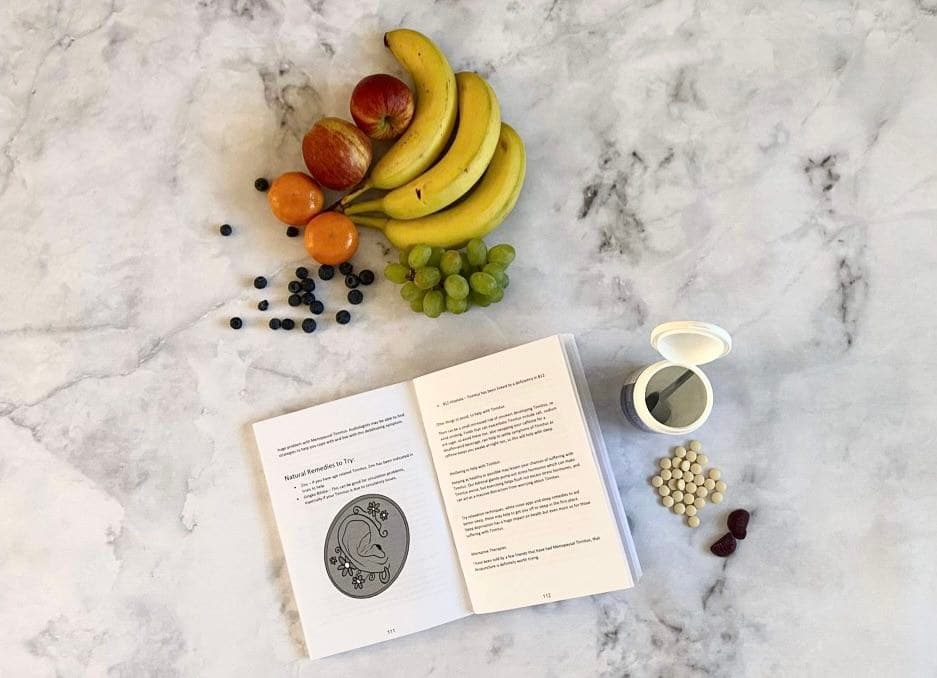I post on a lot of Facebook groups and I hear them talk about Menopause and Tinnitus, so thought I would do some research into it with the help of some friends who suffer terribly with it.
Please be aware that this blog post contains affiliate links and any purchases made through such links will result in a small commission for me (at no extra cost to you).
What is Tinnitus and why have I got it now?
Tinnitus is an internal, often continuous (but can be occasional) ringing in one or both ears, it seems that the “pitch” can vary from one person to another, but the general consensus is that it can make life pretty unbearable at times.
Click here to check out our other Menopause Help blogs!
With falling Oestrogen levels, Tinnitus is quite a common symptom of the Menopause, lots of GP’s don’t make the connection sometimes. Apparently, Oestrogen underpins signaling from the ears to the brain and these falling levels could be responsible for mixing up the sounds being communicated between the two and cause the inner ear noise! But all is not lost, for some women Tinnitus maybe temporarily caused by hormone levels fluctuating, and some studies have shown that in time the noises can disappear altogether or reduce in level.
The Best Help for Menopause and Tinnitus:
Changing your diet, doing exercise and making some lifestyle changes are key to helping with Menopausal Tinnitus. Being in good shape inside and out is crucial to deal with this horrible Menopausal symptom. There are currently no remedies or drugs to cure this or operations to correct it, but you can take medication to deal with the sleep depravation that is often a huge problem with Menopausal Tinnitus. Audiologists may be able to find strategies to help you cope with and live with this debilitating symptom. This audible book is really good for relaxation, called Mindfulness for Health by Vidyamala Burch and Danny Penman.
Natural Remedies to Try:
- Zinc – If you have age related Tinnitus, Zinc has been indicated in trials to help.
- Gingko Biloba – This can be good for circulation problems, especially if your Tinnitus is due to circulatory issues.
- B12 Vitamins – Tinnitus has been linked to a deficiency in B12.
Other things to avoid, to help with Tinnitus:
There can be a small increased risk of smokers developing Tinnitus, so avoid smoking. Foods that can exacerbate Tinnitus include salt, sodium and sugar, so avoid these too, also swapping your caffeine for a decaffeinated beverage, can help to settle symptoms of Tinnitus as caffeine keeps you awake at night too, so this will help with sleep.
Wellbeing to help with Tinnitus:
Keeping as healthy as possible may lessen your chances of suffering with Tinnitus. Our Adrenal glands pump out stress hormones which can make Tinnitus worse, but exercising helps flush out excess stress hormones, and can act as a massive distraction from worrying about Tinnitus.
Try relaxation techniques, white noise apps and sleep remedies to aid better sleep, these may help to get you off to sleep in the first place. Sleep deprivation has a huge impact on health but even more so for those suffering with Tinnitus. Reading a book before bed can also help you to relax, this one by Joey Remenyi called Rock Steady is about healing Tinnitus with Neuroplasticity and I have been told is very informative.
Alternative Therapies:
I have been told by a few friends that have had Menopausal Tinnitus, that Acupuncture is definitely worth trying.
Aromatherapy, and Essential Oils have been used for many years to help with the treatment of Tinnitus. Aromatherapy can aid in relaxation and the use of Essential Oils may lessen the intensity of Tinnitus.
See Your GP/Doctor:
Most women who suffer with Menopausal Tinnitus are aged 40 – 60 and it is normally associated with hormone imbalances, but there could be other causes including heart disease, reactions to medications, or sweeteners. Always speak to your GP to rule out anything more sinister. Sometimes they will refer you for CBT (Cognitive Behavioral Therapy), which can help with the way you feel and cope with Tinnitus.
I hope this has given you an insight into another bizarre symptom of The Menopause! If you would like to read our other Blogs on The Menopause then Click Here!
*DISCLAIMER*This page does not provide medical advice; it is intended for informational purposes only and is based upon my opinion and experiences. It is not a substitute for professional medical advice, diagnosis or treatment. Never ignore professional medical advice in seeking treatment because of something you have read on The Executive Menopause Coach website. Always seek professional medical advice.





Leave a Reply